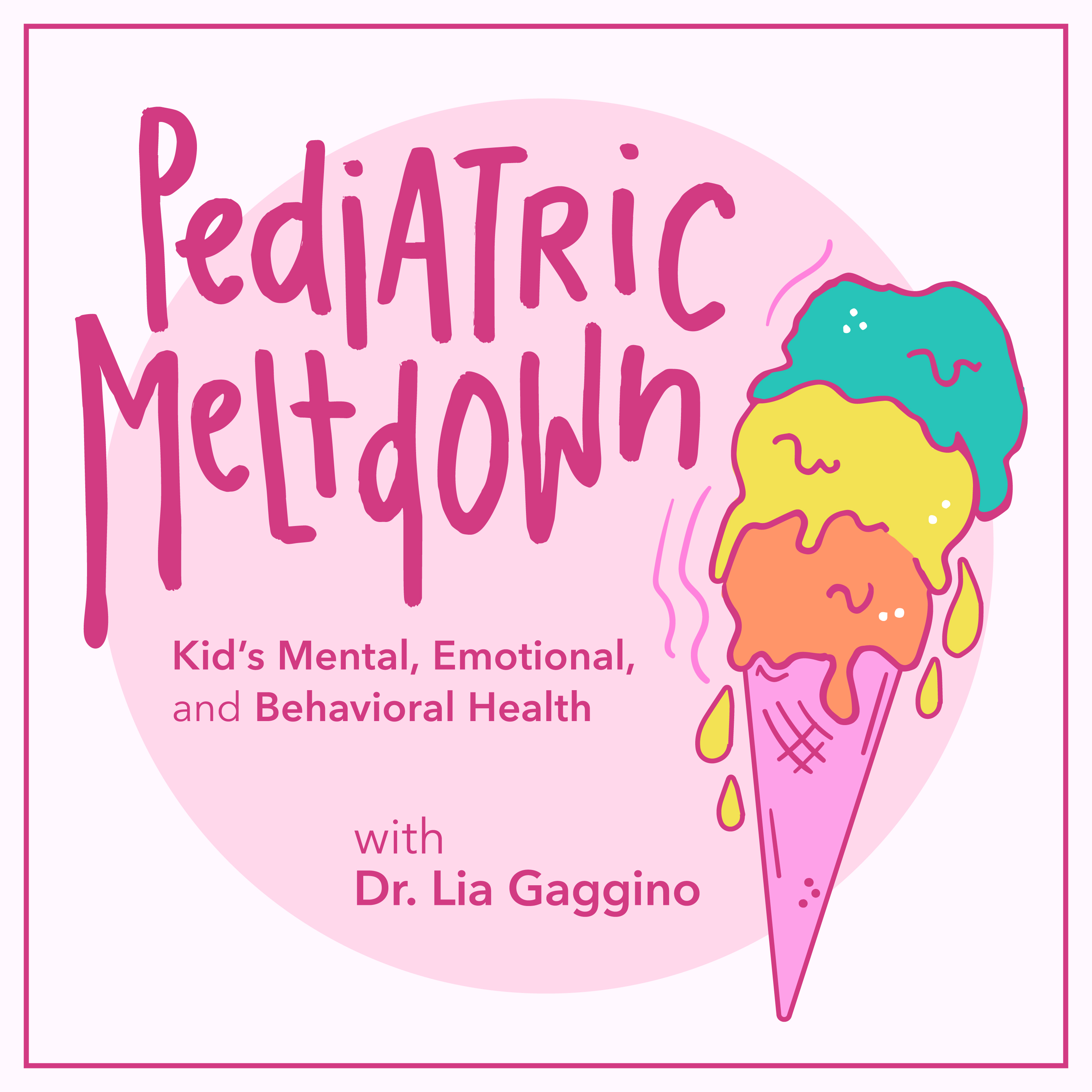
56 Toxic Stress: Safe, Stable, Nurturing Relationships are the Antidote
Podcast: Pediatric Meltdown
Autor:Lia Gaggino
https://302.buzz/PM-WhatAreYourThoughtsAndrew Garner, MD, PhD, FAAP, is a Clinical Professor of Pediatrics at Case Western Reserve University (CWRU) School of Medicine and a Primary Care Pediatrician with University Hospitals Medical Practices in Cleveland, Ohio. Dr. Garner is a product of the Medical Scientist Training (MD, PhD) Program at CWRU and the Pediatric Residency Training Program at the Children’s Hospital of Philadelphia. Dr. Garner is the co-author of the American Academy of Pediatrics’ (AAP) original (2012) and recently revised (2021) Policy Statements on Childhood Toxic Stress. He has also co-authored an AAP-published book entitled “Thinking Developmentally.” Dr. Garner is a past-president of the Ohio Chapter of the AAP, and he has served on several AAP Leadership Workgroups, including Early Brain and Child Development, Epigenetics, and Poverty. Dr. Garner is passionate about promoting the safe, stable and nurturing relationships that buffer toxic stress and build the rudiments of resilience[00:01] Dr. Andrew Garner Shares His Story With UsI introduce and welcome Dr. Andrew GarnerWhy pursue pediatrics? Andy shares his reasons[06:00] Safe, Stable, and Nurturing RelationshipsAndy talks about the effects of adverse experiences to childrenHe shares some interesting insights about biological changes due to toxic stressAdversity is not destiny and here’s whyThe role of relational health in resolving toxic stress and adverse children experiencesWhy relationships should only be built, but nurtured as wellAndy explains[17:40] Public Health Approach and Positive ExperiencesIs there a connection between adversity and positive experiences?The role of pediatricians in promoting positive experiences among children How to apply public health approach in addressing adverse experiencesDon’t miss our exchange about the “universal prevention”How pediatricians think in a multi-generational manner[29:01] Strong Emotions Are SuperpowersPediatricians can also support the parents, and here’s howOur only lever for changeAndy breaks down the concept of bio-behavioral synchronyWhat the society can improve on in terms of handling and showing emotionsHe talks about how children can channel strong emotions into worthwhile endeavors[39:35] Transform Pain, Not Transmit ItHow people really deal with stressPain not transformed is transmitted to othersListen to our exchange about anti-vaccine movementsHow can healthcare providers simplify the benefits of vaccines [48:20] Closing Segment Don’t miss Andy’s message for his resident selfFinal takeaways:AAP’s policy statements on toxic stress and traumaThe relation between adverse childhood experiences and behavioral outcomesAdversity is not destinySafe, stable, and nurturing relationships buffer and create positive experiencesBuilding partnerships and systems to lift kids upThe role of public health approach in promoting positive experiences among kidsWhat to understand about relational healthThe social circles around the childrenBuilding solid therapeutic relationships with parents and patientsHow pediatricians can build their own resilienceKey Quotes:“All kids need positive experiences to thrive.” - Dr. Andrew Garner“What we all strive for as human beings is to
Fecha de Publicación: 29 de septiembre de 2021
Duración: 57 min
Añadir a Playlist

Episodios Relacionados
-
249. The Pediatric Meltdown Podcast: Behind the Scenes junio 4, 2025
-
248. Conversation with My Daughter: Soft Body Baddie mayo 28, 2025
-
247. Human Trafficking: What Pediatric Clinicians Must Know mayo 21, 2025
-
246. Pediatric Psychopharmacology: Tips for Prescribers mayo 15, 2025
-
245. When Sadness Looks Like Anger: Rethinking Pediatric Depression and Behavioral Activation mayo 7, 2025